Automatic reconnaissance chain
In future, sea mines are to be detected and identified in a fully automated process. Joint trials between WTD 71 and Atlas Elektronik demonstrate the potential. In September 2021, the Wehrtechnische Dienststelle für Schiffe und Marinewaffen, Maritime Technologie und Forschung (WTD 71) took part in the REP(MUS) trials (Robotic Experimentation and Prototyping Augmented by Maritime Unmanned Systems) off the Portuguese coast. As part of these trials, investigations were carried out in the areas of underwater communication and mine defence. The future of maritime naval warfare is increasingly based on unmanned systems that operate as autonomously as possible - both above and below water. Particular attention is being paid to...
Weiterlesen

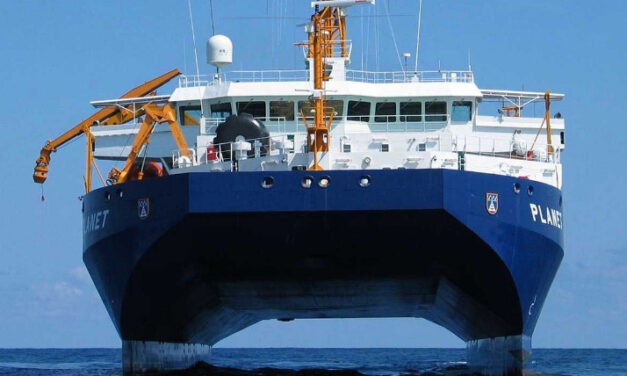
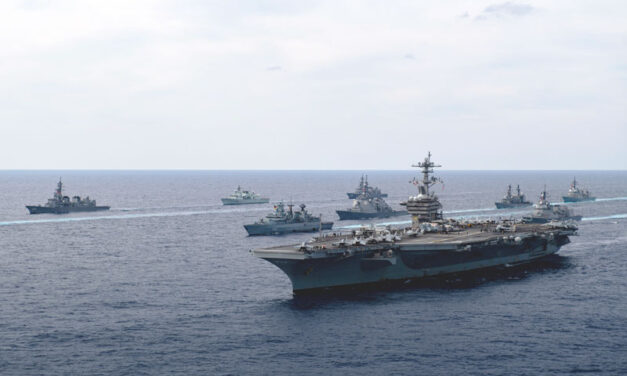
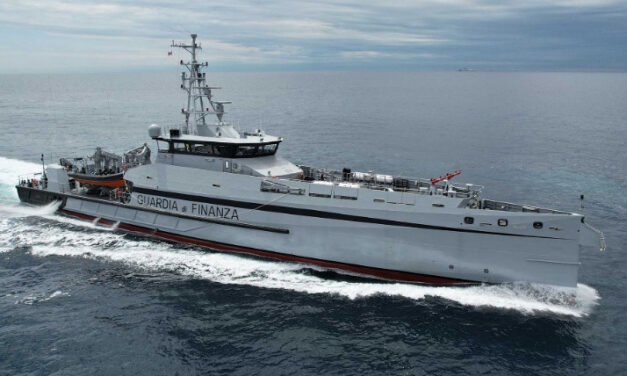
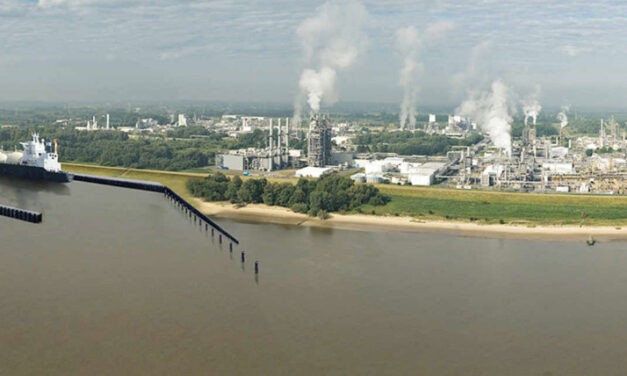
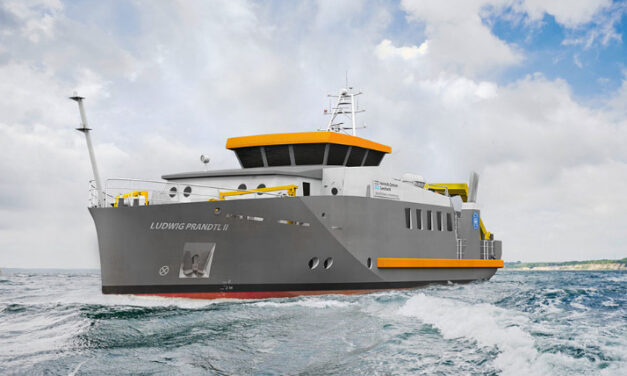
Latest comments